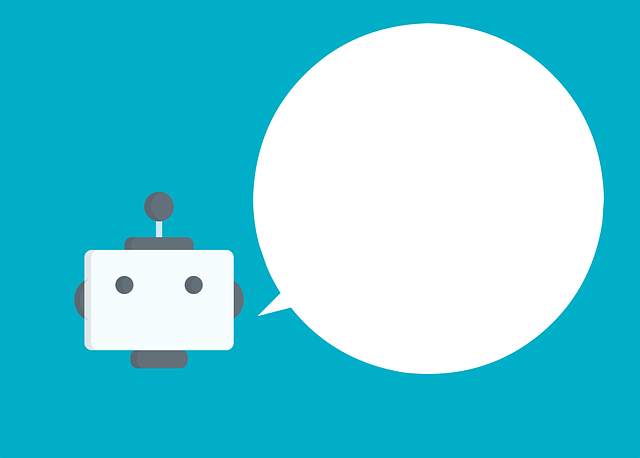Chatbots are AI-driven tools that utilize natural language processing to interpret and respond to user queries with predefined scripts or answers. They play a pivotal role in customer service by providing instant responses to frequent questions, thus enhancing engagement and satisfaction. Their ability to manage multiple interactions simultaneously makes them an efficient solution for handling large volumes of customer queries without the need for human agents. Beyond customer support, chatbots are crucial in e-commerce, helping users select products and complete transactions smoothly. They enable businesses to maintain a uniform conversational tone and furnish accurate information, which bolsters digital operations and customer interaction. Chatbots offer 24/7 assistance, streamline routine tasks, and can help reduce customer service costs. However, they are best suited for predictable interactions and may face challenges with unconventional questions or situations requiring human-like empathy and problem-solving skills, particularly in sensitive fields like mental health. The evolution of AI continues to expand chatbots' capabilities, contributing to improved operational efficiency and cost reduction while ensuring consistent service delivery across various sectors.
scripted chatbots, artificial intelligence, customer service automation, conversational interfaces, chatbot applications, AI technology advancement.
In an era where digital interaction is paramount, scripted chatbots stand as a testament to the prowess of artificial intelligence in transforming customer service and beyond. This article delves into the intricacies of scripted chatbots, exploring their mechanics, applications, and the impact they wield across various sectors. From enhancing user experience to streamlining operations, these AI-driven conversational interfaces are revolutionizing how businesses engage with their clientele. We will examine the advantages and limitations inherent in employing such technology, providing a comprehensive overview of its current and potential roles in our increasingly automated world.
- Understanding Scripted Chatbots: The Mechanics and Applications
- The Advantages and Limitations of Employing Scripted Chatbots in Various Sectors
Understanding Scripted Chatbots: The Mechanics and Applications

Understanding scripted chatbots begins with recognizing their foundational elements and how they function within various environments. These AI-driven systems are programmed with predefined responses and follow a set of rules to interact with users, making them highly versatile for repetitive or predictable conversations. The mechanics of scripted chatbots involve natural language processing algorithms that interpret user input and match it with corresponding dialogue options coded within the bot’s framework. This process enables the chatbot to simulate human-like conversation patterns without the need for real-time learning or complex decision trees, which are characteristic of more advanced AI systems.
The applications of scripted chatbots are vast and cater to industries ranging from customer service to entertainment. In customer service sectors, they provide instant responses to frequently asked questions, thereby improving customer engagement and satisfaction. They can handle a large volume of queries simultaneously, ensuring that consumers receive timely assistance without the need for human intervention. Additionally, scripted chatbots are employed in online shopping experiences to guide users through product selections and complete transactions smoothly. Their ability to consistently deliver accurate information, as well as maintain a conversational tone across multiple platforms, makes them an indispensable tool for businesses aiming to enhance their digital presence and streamline operations.
The Advantages and Limitations of Employing Scripted Chatbots in Various Sectors

Scripted chatbots are automated systems designed to interact with users by following predefined scripts or set responses. These AI-driven tools leverage natural language processing to understand and respond to user queries effectively. In various sectors, such as customer service, healthcare, and e-commerce, scripted chatbots offer a range of advantages. For instance, they provide immediate assistance 24/7, ensuring that customer inquiries are addressed promptly, which can enhance user satisfaction and loyalty. They also streamline operations by handling routine tasks, allowing human employees to focus on more complex issues that require nuanced understanding or emotional intelligence. However, while scripted chatbots excel at delivering consistent information and can significantly reduce costs associated with customer service, their responses are limited to the scenarios they have been programmed for. They may struggle with unforeseen queries or situations requiring real-time problem-solving, which can lead to a suboptimal user experience if not properly managed. Moreover, in sectors where personalization and empathy are crucial, such as mental health support, scripted chatbots might not be able to fully replicate the nuanced responses of a human expert, potentially impacting the effectiveness of the interaction. Despite these limitations, scripted chatbots continue to evolve, with ongoing advancements in AI making them increasingly versatile and effective across different sectors. Businesses and organizations are leveraging these tools to improve efficiency, reduce operational costs, and provide a consistent level of service to their customers.
scripted chatbots serve as sophisticated digital assistants, streamlining communication across diverse sectors. Their pre-programmed responses and structured interactions offer a reliable solution for customer service, FAQ management, and information dissemination, enhancing efficiency without the need for real-time learning. While their functionality is limited to scripted scenarios, this design ensures consistency and accuracy in routine tasks. Businesses leveraging these chatbots can expect to handle high volumes of inquiries effectively, though they should also recognize the importance of integrating more advanced AI capabilities as user needs evolve. Overall, scripted chatbots represent a foundational tool in the broader landscape of conversational AI, providing immediate and scalable support where it’s most needed. As technology advances, their role will undoubtedly expand, offering even more sophisticated interactions and seamless integration into our digital lives.
